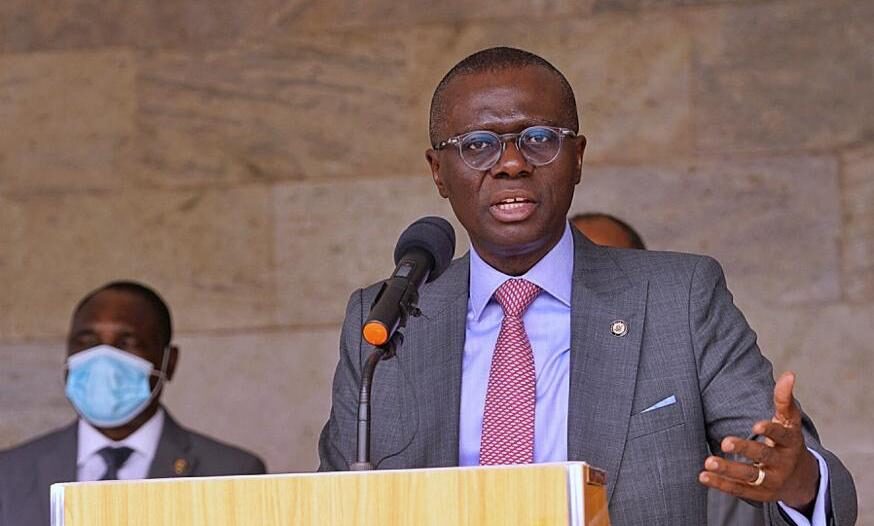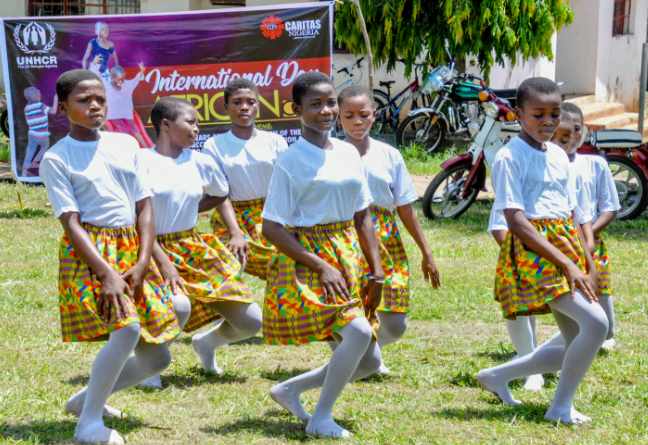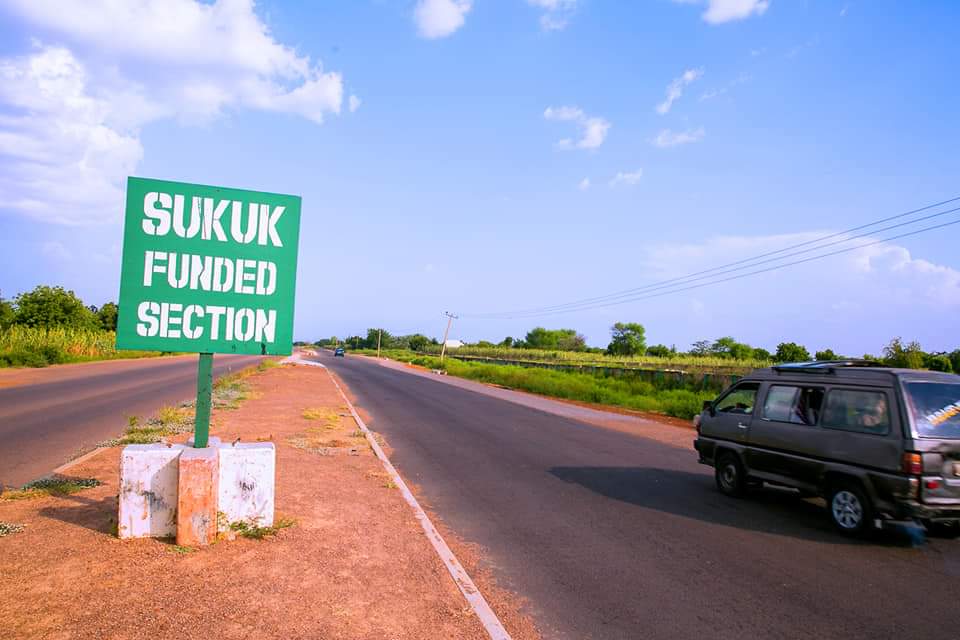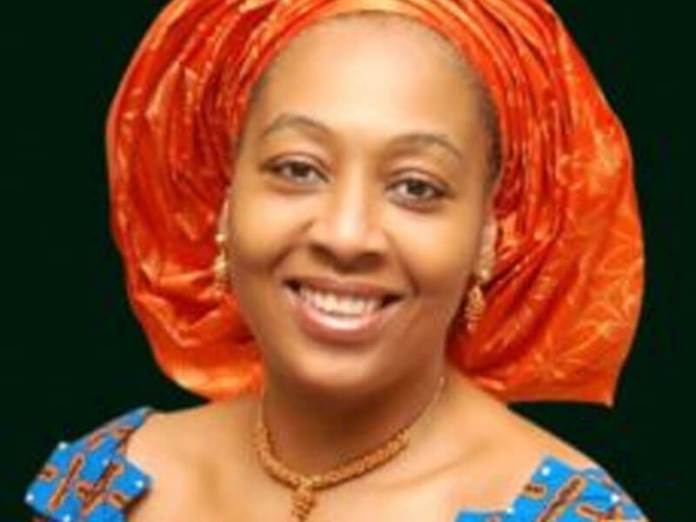By OLUWOLE OJEWALE
Unfolding events in Nigeria have unleashed an array of coinages on the polity. Prominent among such words are: restructuring, gunmen and unknown gunmen. With the rising spate of kidnapping, banditry, secessionist agitation and associated militarized response from the state; we are constantly interacting with the literal interpretation of the famous poem by William Butler Yeats- things fall apart; the centre cannot hold; mere anarchy is loosed upon the world! Needless to mention that the present quagmire predates the present government; although the crisis fault lines have become exacerbated through a combination of policy choices, unguarded rhetoric of state and non-state actors as well external stimuli. However, I am of the view that the dialectics of gunmen and unknown gunmen can be left in the realm of scholarly duty of linguistic experts for careful analysis regarding how the media frenzy and reportage associated with these expressions aid or abet security in Nigeria.
Security remains an essential precondition for growth and socio-economic development. This is in line with section 14(2b) of the Nigerian constitution which avows that the security and welfare of the people shall be the primary purpose of government. The overall stability of the country on many indicators of governance, particularly in the area of security betrays this fundamental objective in the present state of the nation.
The Armed Conflict Location and Event Data mapped the kidnapping crisis in the country and reported over 700 incidents of abduction across the federation by various criminal groups from January 2018 to April 2021. An extant report by SB Morgen notes that from June 2011 to March 2020, Nigerians paid kidnappers about $18.34 million in ransom. About 60% of this was paid out between January 2016 and March 2020 alone, indicating a spike in recent years. “Incessant killings and the stunning failure of the authorities to end them and bring suspected perpetrators to justice have been and continues to be a threat to the right to life in Nigeria according to Amnesty International.
Advertisement
Furthermore, a recent report by Statista ranks Nigeria on the list of 20 most unstable countries globally according to the Fragile States Index in 2021. The list has Yemen, Syria, Somalia, Afghanistan and a few other war-torn countries. Nigeria has not always been a country at war against itself! Both the poor and rich as well as state security actors are victims of the burgeoning security crisis. The role of corruption in the worsening security situation is also discomfiting. This becomes pivotal as state governments remain unaccountable in their spending of secretive security votes which according to estimates by Transparency International add up to over $670 million (N241.2 billion2) annually. Strangely, according to the TI, the estimated security vote is 70 percent more than the annual budget of the Nigeria Police Force- the frontline agency with the constitutional mandate of maintaining peace and order in the country! As criminal elements run rampage across the country, the forgoing provides abundant evidence of the crisis of limited statehood.
Within a given sovereign territory, areas of limited statehood concern those parts of a country in which government lacks the ability to implement and enforce rules and decisions or in which the legitimate monopoly over the means of violence is lacking over sustained periods of time. The ability of the state to enforce rules or to control the means of violence can be restricted along various dimensions in the polity due to insurgencies, varieties of civil unrest, different degrees of communal discontent, and a plethora of dissent directed at the state. Thus, it is not the absolute intensity of violence that typifies areas of limited statehood. Rather, it is the enduring character of the violence by armed non-state actors coupled with the inability of the governing elites to fulfill their social contract with the citizens.
Situating this conceptual understanding with our present realities, suffice to state that Nigeria presently possesses within her territory, pocket of spaces where the impact and presence of the state are rarely felt and the government remains unknown by most citizens. In spite of the real and perceived fears of most citizens with respect to our present national predicaments, we are presented with timely opportunities to stir the ship of the Nigerian state in the right direction. Our starting point is to leverage the ongoing constitutional amendment exercise in two key areas that would have a lasting imprint on the country. Necessary amendments are desperately needed to enshrine local government autonomy and the devolution of policing power to the subnational governments.
Advertisement
The onerous task lies with the national assembly and participation of the citizenry through the ongoing constitutional amendment process. The citizens have submitted memos and participated during the public hearings in 12 states of the six geo-political zones. But the work is not over yet. The second strand of the work is for the citizens to seek all available avenues to engage their representatives to ensure that their suggestions in these key areas are mainstreamed into the amendment. Moreover, we need two-third of the state houses of assembly to endorse these critical amendments.
For instance, the last attempt to amend the section of the constitution regarding local government autonomy suffered a huge setback as only 10 states voted in support of the amendment. We have another opportunity to mount a robust advocacy campaign and ensure that our representatives at the state houses of assembly do the needful this time. We must do this in recognition of the fact the local government authority is the layer of governance closest to the people and has the potential to provide the platform for sustainable socio-economic development and popular participation in governance at the grassroots. Having these administrative outposts will check the proliferation of ungoverned spaces where the presence of the state is rarely felt across the country.
The second area requiring full support of the national and state assemblies is the amendment of section 214 of the 1999 constitution which centralizes policing power with the federal government. The burgeoning challenges of insecurity confronting this country and the daily dose of media reports on the activities of gunmen and unknown gunmen cannot be managed by the central government alone. We have had enough of rhetoric in this regard. The governors clamouring for state police must walk the talk this time by lobbying the national and state assemblies to vote for this amendment. The state governors also have the constitutional responsibility to protect the lives and properties of the people from whom they derive their mandates. These two key amendments must not escape the present legislative tenure if we truly want to bring Nigeria back from the brink!
Oluwole Ojewale, a public policy expert on transnational organised crime and security governance, wrote from Abuja. He tweets via @woleojewale
Advertisement
Views expressed by contributors are strictly personal and not of TheCable.
Add a comment






